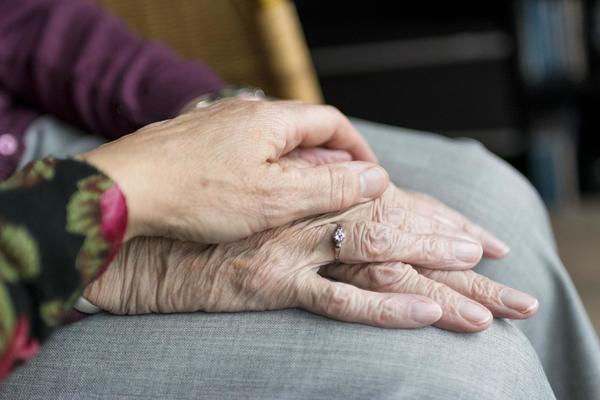
How You Can Best Care For Your Loved One Living In A Nursing Home
When the time comes for you to have to organize care for an aging family member, it is sad and overwhelming. However, you must make yourself aware that it is for their health. They will be under constant care and have the right aid to live more comfortably.
To ensure that you still feel you are doing enough for your loved one, here are some tips on how you can best care for them when they live in a home.
Seek legal support if something is wrong
Although you will want to trust the home your loved one is living in; some instances happen when elderly people are abused by staff. The hope is that legal action isn’t necessary. But, if it is, then you should use a nursing home abuse lawyer who could help you attain the outcome you and your loved one deserve, as they will have the best experience to aid in a compelling claim.
Acting on the issue as soon as possible ensures that the proper steps are taken, so the abuse doesn’t continue.
Stay in touch and attend regularly
Staying in touch and seeing your loved ones as often as possible will ensure that you care for them as much as possible. You could call them daily to check and see how they are getting on. Then, when you see them, you can physically care for them.
It will help to ensure that your loved one feels safe and stays safe while living in a nursing home. Hearing or seeing any issues will help you act quickly so that they are being taken care of and not feeling worse than they should.
Look for red flags
If your loved one has cognitive issues, they might not report any issues because they might not be aware. Therefore, you might have to be responsible for determining if something is happening.
Looking out for red flags simply means seeing if their mood is changing, if they are of a healthy weight, if they still eat when you see them, and if their physical activity is stable.
Any red flags should be monitored and taken to management so your loved one can remain safe and healthy. Being in touch with the nursing home’s leadership will ensure that you have a good relationship with them and feel comfortable knowing they will do what’s best for your loved one.
Make the transition easy
During the transition process (from your loved one’s home to the nursing home), you should take any action to make your loved one feel comfortable.
This could mean taking them to the home before their move date so that they can meet people. Or allow them to take lots of personal possessions, so their room feels as homely as possible. Allowing them to feel as comfortable as possible will put their mind at ease and make them feel safe once you leave them on their first day. Some might love the change, but others might not, so be patient and caring by attending to their needs and wants.